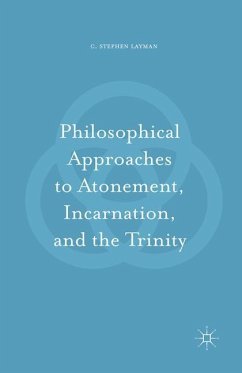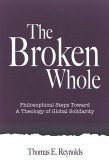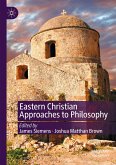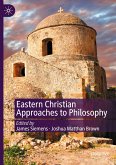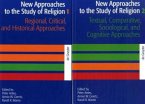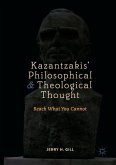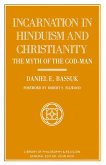This book explores the philosophical issues arising from the distinctively Christian doctrines of the atonement, incarnation, and Trinity. To many philosophers and theologians, these doctrines raise considerable philosophical quandaries. In this volume, C. Stephen Layman explores such questions as: Why do these doctrines matter? Do they make sense? Do the historically influential theories about them hold up under scrutiny? To what extent do recent contributions by philosophers (e.g., Richard Swinburne, Thomas V. Morris, Stephen T. Davis, Brian Leftow, and Peter van Inwagen) shed light on these doctrines? This philosophical investigation illuminates how religious questions can be addressed with philosophical seriousness.
"Philosophical approaches to atonement, incarnation, and trinity consists of four parts: a substantial introduction, and a chapter each on the three topics listed in the title. The book is clearly written, informed by the current literature on the doctrines discussed, and fair minded. While each chapter concludes with Layman's developing and defending one particular position ... . It would be a good text for a mid-to-upper level undergraduate course on philosophical issues in Christian theology." (Thomas D. Senor, International Journal for Philosophy of Religion, Vol. 82, 2017)

